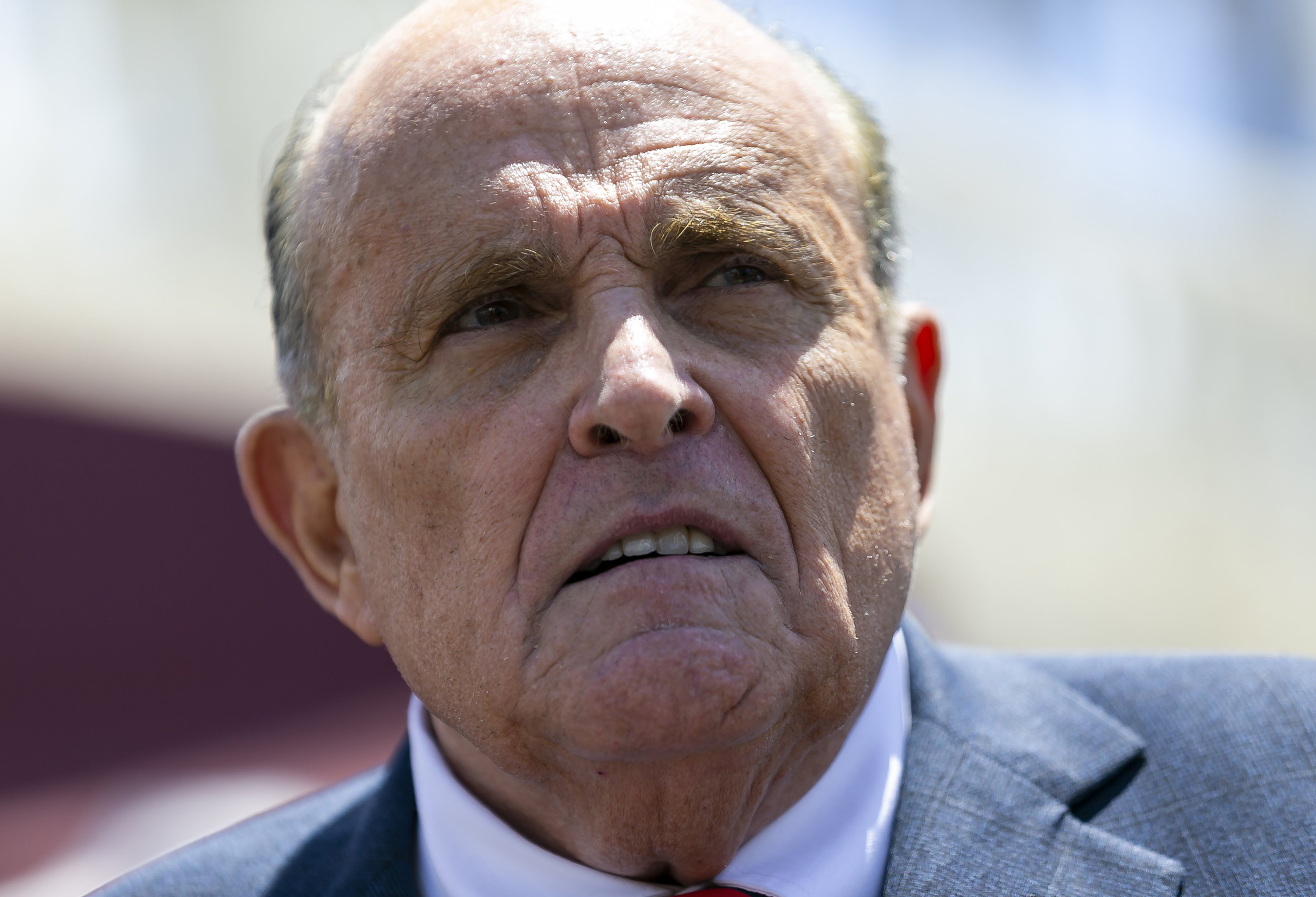
The House committee investigating the Jan. 6, 2021 riot at the U.S. Capitol has postponed a hearing that was to feature Trump-era Justice Department officials because staff aides needed more time to complete "technical work."
The hearing had been set for Wednesday, but the committee on Tuesday morning said that it had been postponed.
Rep. Zoe Lofgren, D-Calif. and a member of the committee, said in an appearance on MSNBC's "Morning Joe" that the delay was necessary to give staff aides who were compiling the video presentations more time to do "technical work."
"Putting together the video and the exhibits is an exhausting exercise for our very small video staff," Lofgren told host Joe Scarborough. “We were going to have one-two-three in one week and it’s just it’s too much to put it all together. So we’re trying to give them a little room to do their technical work.”
“It’s not a big deal,” she added, noting that it was not related to the availability of witnesses.
The next hearing is set to take place on Thursday. That hearing will focus on Trump's efforts to pressure Vice President Mike Pence to stop Congress from certifying some electoral votes for Biden on Jan. 6 — something he had no power to do in his ceremonial role.
A fifth hearing, expected next week, will focus on Trump's efforts to pressure state legislators and state election officials to change the election results, including additional details about Trump's call to Georgia officials urging them to “find” 11,780 votes. Two other hearings set for June have not yet been scheduled, but the committee has said those final two hearings will focus on how Trump summoned supporters to march on the Capitol, and when the violence was underway, failed to take immediate action to stop them.
The witnesses at Wednesday's hearing were to include Jeffrey Rosen, who was the acting attorney general at the time of the Capitol insurrection, as well as two other former top officials, Richard Donoghue and Steven Engel. Lawyers for all three men did not immediately return messages seeking comment.
Though the lawyers' accounts have been documented by the news media, the hearing — whenever it occurs — will give the American public the most detailed glimpse to date about a near-revolt inside the Justice Department, which historically prides itself on independence from the White House, and to threatened resignations from the senior-level officials.
Feeling out of the loop? We'll catch you up on the Chicago news you need to know. Sign up for the weekly> Chicago Catch-Up newsletter.
More Jan. 6 Panel Hearings Coverage:
The witnesses are expected to testify about how Trump sought to bend the Justice Department to his political will during the final days of the administration, urging officials to declare the election as corrupt and to aid in his efforts to challenge the results of the race won by Democrat Joe Biden.
Rosen took over the department following the December 2020 departure of William Barr, who angered Trump by saying the department had not found fraud that could have affected the results of the election. Trump quickly soured on Rosen, too, after the then-acting attorney general rejected entreaties from the president and the White House to challenge the election results.
The president was introduced by Rep. Scott Perry, a Pennsylvania Republican and ardent Trump backer, to Jeffrey Clark, a little-known assistant attorney general who postured himself as willing to advance Trump's baseless voting fraud claims.
At one point, according to testimony provided to lawmakers, Clark presented colleagues with a draft letter pushing Georgia officials to convene a special legislative session on the election results. Clark wanted the letter sent, but superiors at the Justice Department refused.
A lawyer for Clark did not immediately return a phone message on Wednesday.
At one point, Trump openly contemplated replacing Rosen with Clark as acting attorney general.
The situation came to a head during a tense, hours-long Jan. 3, 2021 meeting at the White House in which Engel and Donoghue told Trump that they would resign from the Justice Department if Trump proceeded with his plan to fire Rosen and replace him with Clark. Trump ultimately relented.



